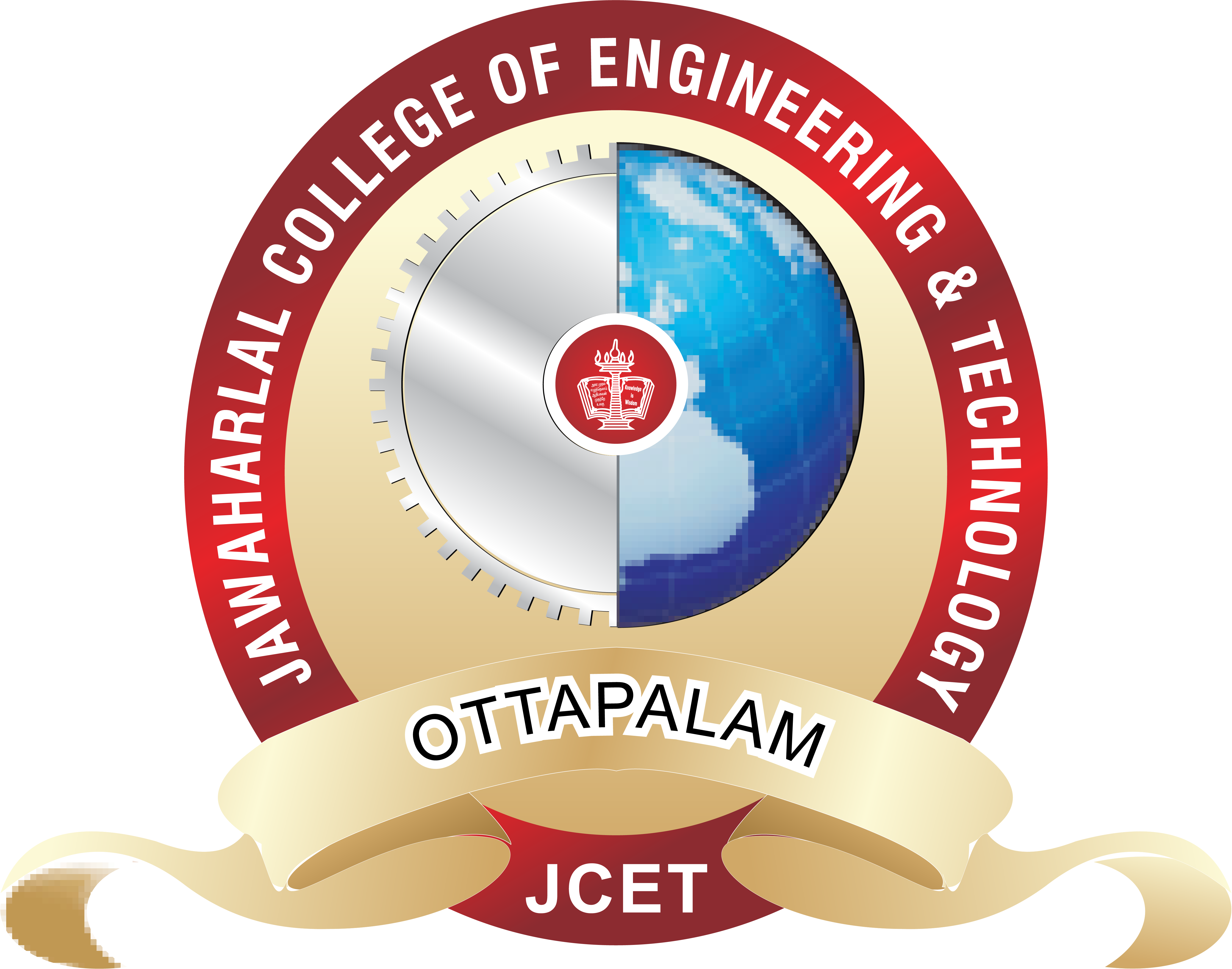Blogs | Basic Sciences and Humanities
Future Trends in Engineering: Basic Sciences & Humanities
The engineering landscape is rapidly evolving, and future engineers are expected to possess more than just technical proficiency. Technological enhancement affects every strand of society, and thus engineers must be able to provide social and ethical and environmental contexts in order to understand and improve. The increasing demand clearly highlighted the need for a well-rounded education that would not only provide technical skills but would also focus on the Basic Sciences and Humanities as essential to molding engineers for the future.
The Role of Basic Sciences in Engineering- Basic Sciences like Mathematics, Physics, Chemistry, and Environmental Sciences are established knowledge inputs to which technical knowledge is appended in engineering. These provide the fundamental basis to understand the very cornerstone of principles driving innovation, problem-solving, and design in engineering. Whether one would apply mathematical models to complex systems or study how a particular material behaves using physics, a good background in basic sciences is necessary for aspiring engineers.
With increasing fragmentation of engineering disciplines, a good understanding of Basic Sciences will be instrumental in mastering newer technologies such as nanotechnology, artificial intelligence, renewable energy, and biomedical engineering. New and innovative applications of scientific principles will be required of the engineers to answer the needs of climate change, improved efficiency in energy use, and healthcare.
Rising Significance of Humanities to Engineering- Along with the technical knowledge, engineers of tomorrow need to be socialized and ethically responsible also. Here comes the Humanities. Courses in Ethics, Communication, Leadership, and Social Sciences help engineers understand the broader context within which technology works. They have to consider the social impact, the ethical dilemmas, and the corporate responsibility that accompany innovation while they conceptualize and implement innovative solutions.
Added to the curriculum of engineers as Humanities, this will make a ready and capable young professional to solve the comprehensive layered problems now faced by modern society. It is the right occasion when technological feasibility combined with ethical considerations would lead to solutions in proper two-way communication with a team, no matter how differently they may have been brought up or trained, to guide and lead projects in ways they would be beneficial to society at large in the long run.
JCET: Pioneering a Holistic Approach to Engineering Education
At Jawaharlal College of Engineering and Technology (JCET), the importance of Basic Sciences & Humanities in engineering education is at the core of the curriculum. JCET is the top college for engineering education in Kerala, with the Department of Basic Sciences & Humanities teaching first-year engineering students how to develop key skills for succeeding at a strong level in their diversified fields of engineering.
The curriculum involves an integrated study in Mathematics, Physics, Chemistry, Environmental sciences, and Basic Mechanics that shall provide a good foundational base in those disciplines. These will present a firm platform for each student to further pursue the area of engineering, amplifying the understanding of science principles on which technology rests. These courses foster the thought process and analysis of problems, thereby enabling students to address tough challenges when faced during their college tenure as well as the rest of their professional lives as engineers.
JCET's Basic Sciences & Humanities Department is staffed by highly qualified and experienced faculty who bring a wealth of knowledge and expertise to the classroom. The educators ensure students acquire a clear understanding of both the theoretical and practical aspects of their subjects. To this end, the department boasts of well-equipped laboratories to guide students into practical, hands-on experience when applying scientific principles-the real-world outcome. From the robust foundational classes in physics and chemistry using state-of-the-art facilities to courses in humanities that hone their communication and leadership skills, education at JCET prepares young engineers to flourish in the changing landscape of modern engineering.
Preparing Engineers for the Future
JCET assumes a commitment to a balanced education aiming both at Basic Sciences and Humanities both, thereby strengthening the capacity of the student to be both advanced in their technical field and capable of becoming an innovative problem solver, an ethical leader, and a socially responsible professional. Thus, all graduates of JCET will stand at the forefront of engineering ready to grapple with the leading technological, ethical, and social challenges that lie ahead.
As the world is changing increasingly to make engineers more than merely technically sound, JCET places emphasis on Basic Sciences and Humanities that will equip the graduates to lead and innovate in a world where technology and society are steadily coming together. Therefore, JCET best fits any aspiring engineer who wishes to bring a positive impact on the world.
